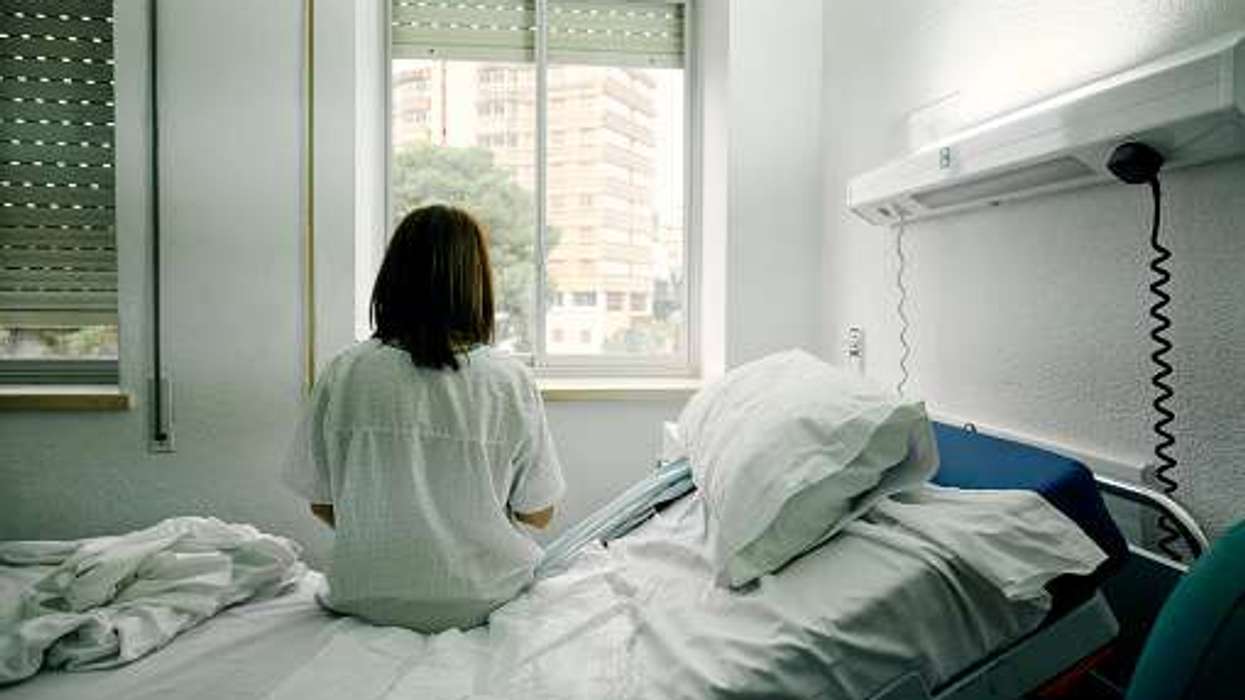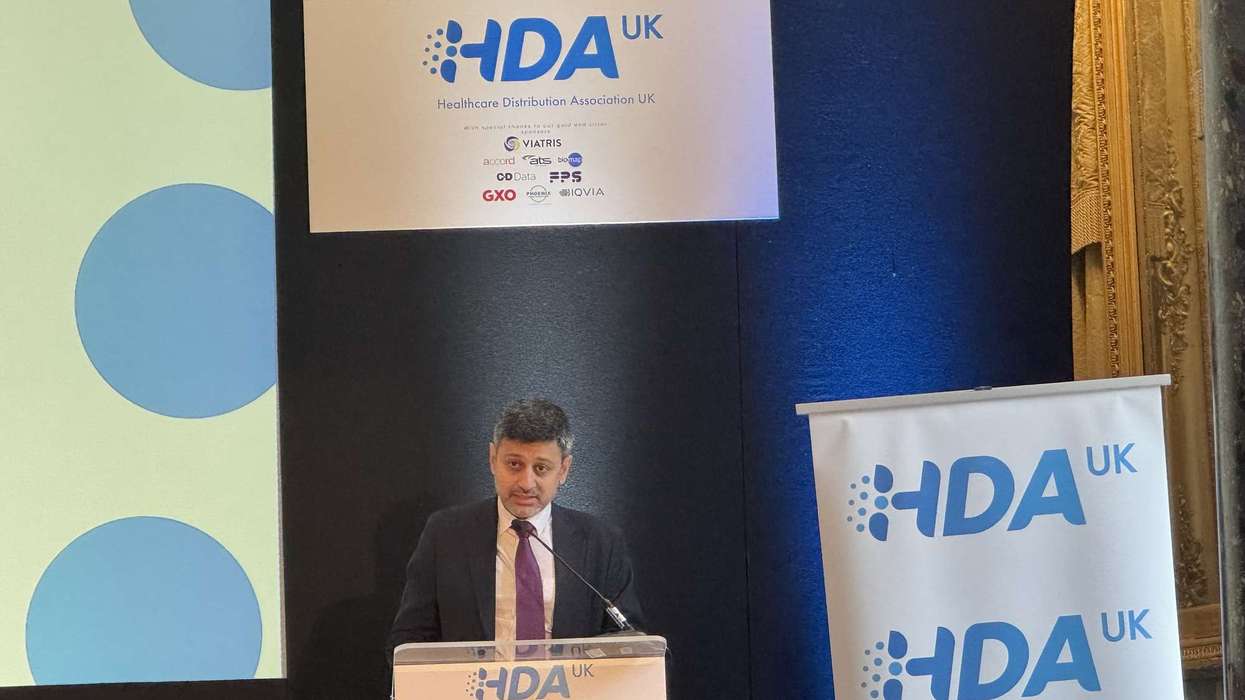The NHS is on track to miss out on savings of over a billion pounds as patents for a new lineup of 85 biologics are set to expire within the next five years, the British Generic Manufacturers Association has revealed in its new study.
The government's Voluntary Scheme for Branded Medicines Pricing and Access is expected to lead to a cost of more than £1 billion for the NHS in the coming years.
The BGMA research found that more than 85 biological medicines will experience loss of exclusivity during the upcoming VPAS Scheme period from 2024 to 2028.
“This includes blockbuster products like the cancer medicine Keytruda and wet macular product Eylea, which together generate approximately $25 billion in global sales,” BGMA said. “The molecules coming off-patent also cover other disease areas including oncology, diabetes, arthritis, and asthma."
While biological medicines dominate the medicines budget, constituting the largest cost and cost growth sectors, NHS England aims to expedite biosimilar availability, yielding substantial savings and expanding patient access to vital treatments. Yet, the report found that "this is jeopardised by the influence of the VPAS Scheme”.
VPAS, an agreement between the DHSC, NHSE and Association of the British Pharmaceutical Industry (ABPI), seeks to cap branded medicine spending growth at 2 per cent annually via a sales revenue-based rebate system.
"Biosimilar medicines play a vital role within the NHS," said Mark Samuels, Chief Executive of the BGMA. "They bring substantial savings and enhance patients' access to a wider range of medicines at an earlier stage. Manufacturers can achieve this due to the competitive nature of the medicine market they operate in. However, considering the NHS's current constrained fiscal environment, it's essential that no obstacles impede this process."
VPAS rate leaps 26.5% in two years
Two years ago, the VPAS rate was 5.1 per cent, but in 2023, it has surged to 26.5 per cent, BGMA said. Due to regulatory reasons, all biosimilars and a proportion of the generics market fall under the scheme, which is currently being negotiated for the next five-year period.
According to the study, Off-patent products like biosimilars are already subject to cost controls through competitive pricing, which often sees prices reduced by an average of 72 per cent compared to the original product.
Over the past five years, the volume growth of biosimilars has surged almost sixfold, the report added. This trend implies that the biosimilar market growth trend is likely to persist, offering a substantial savings opportunity for the NHS. However, the rapidly rising VPAS rate threatens the launch of new biosimilars, with many manufacturers unable to absorb the cost of competition alongside the soaring VPAS rebate rate, the study found.
Due to unviable economics, companies will prioritise other markets over the UK or refrain from launching here altogether, the report further said.
£100 million annual savings loss
The BGMA report provides a comprehensive overview of recent data analysis conducted by Europe Economics and RFW Associates. This analysis highlights the potential cost impact resulting from the decrease in competition, particularly focusing on new biological molecules that are on the verge of losing their exclusivity within the next five years.
The research indicates that in scenarios where, on average, a single company is discouraged from entering a biosimilar market due to the expiration of molecule exclusivity between 2023 and 2028, the NHS could potentially miss out on approximately £100 million in annual savings by the year 2028. In the event that two entrants were no longer in the picture, this amount escalates to £250 million.
“A conservative evaluation of the analysis suggests that this cumulative loss could easily exceed one billion pounds in savings solely from new products over the upcoming five-year period,” the study found.
“If the current VPAS levy rate for branded generics and biosimilars continues for the next five years, the NHS might face an additional cost of £7.8 billion for medicines. This increase would affect both current and upcoming portfolios of these medicines. The rise in cost is due to products being withdrawn and fewer new off-patent products being introduced, which reduces competition,” the report added.
In July, the BGMA issued a caution regarding the substantial consequences on future supply due to the debilitating VPAS rate. This alert follows the association's judicial review, which challenged the Government's decision to exclude it from comprehensive involvement in the negotiations for the upcoming five-year VPAS period. However, the review was eventually dismissed.
"The ongoing VPAS negotiations pose a significant threat to the growth of this competitive market and the continuous advantages it offers to patients," Samuels said. "Without revising the existing VPAS arrangements, biosimilar companies will opt against launching new products in the UK. This jeopardizes the UK's leading role in the biosimilars sector, a position earned through robust collaboration among industry, government, NHS England, and the regulator. There's a real risk of squandering this opportunity and falling behind other nations."











